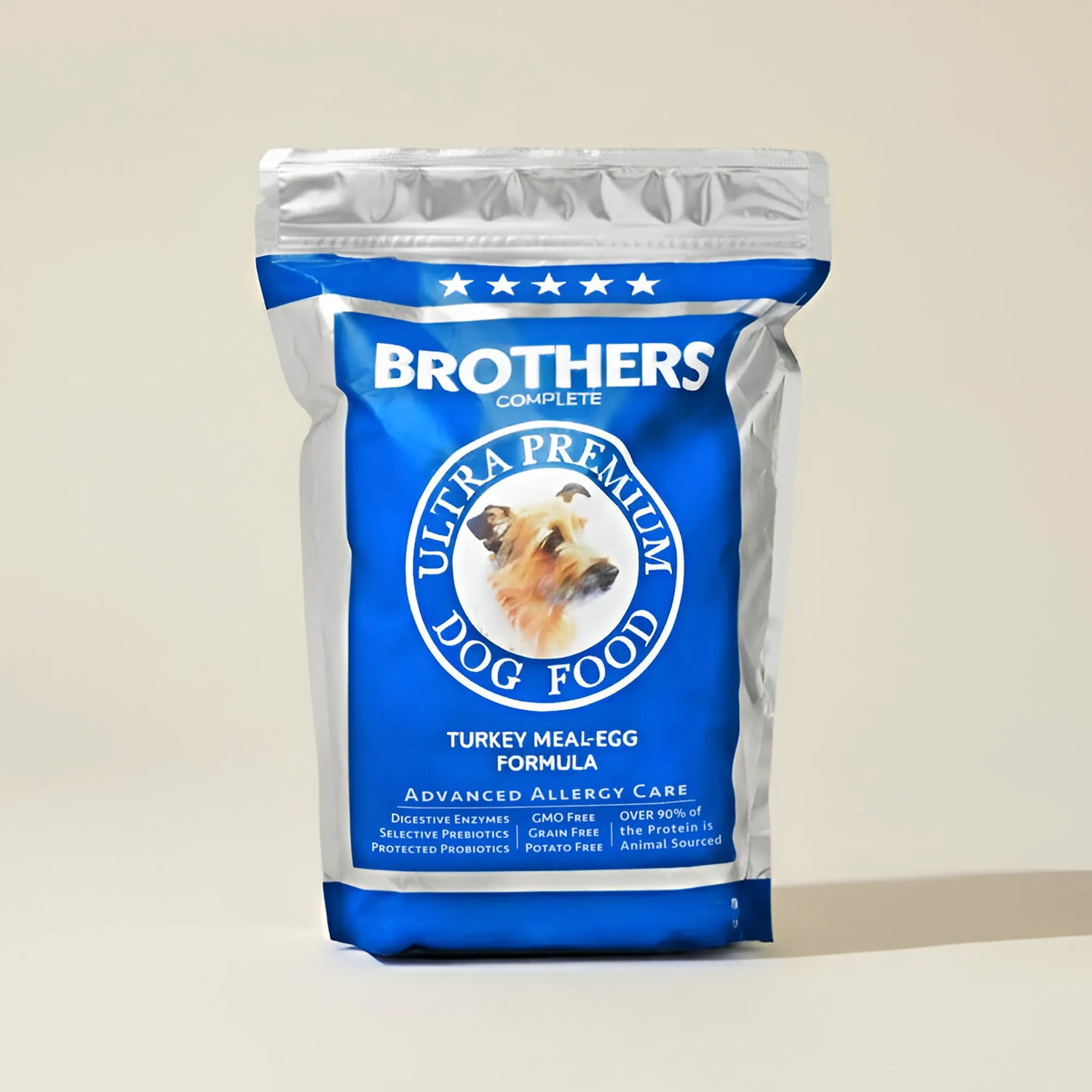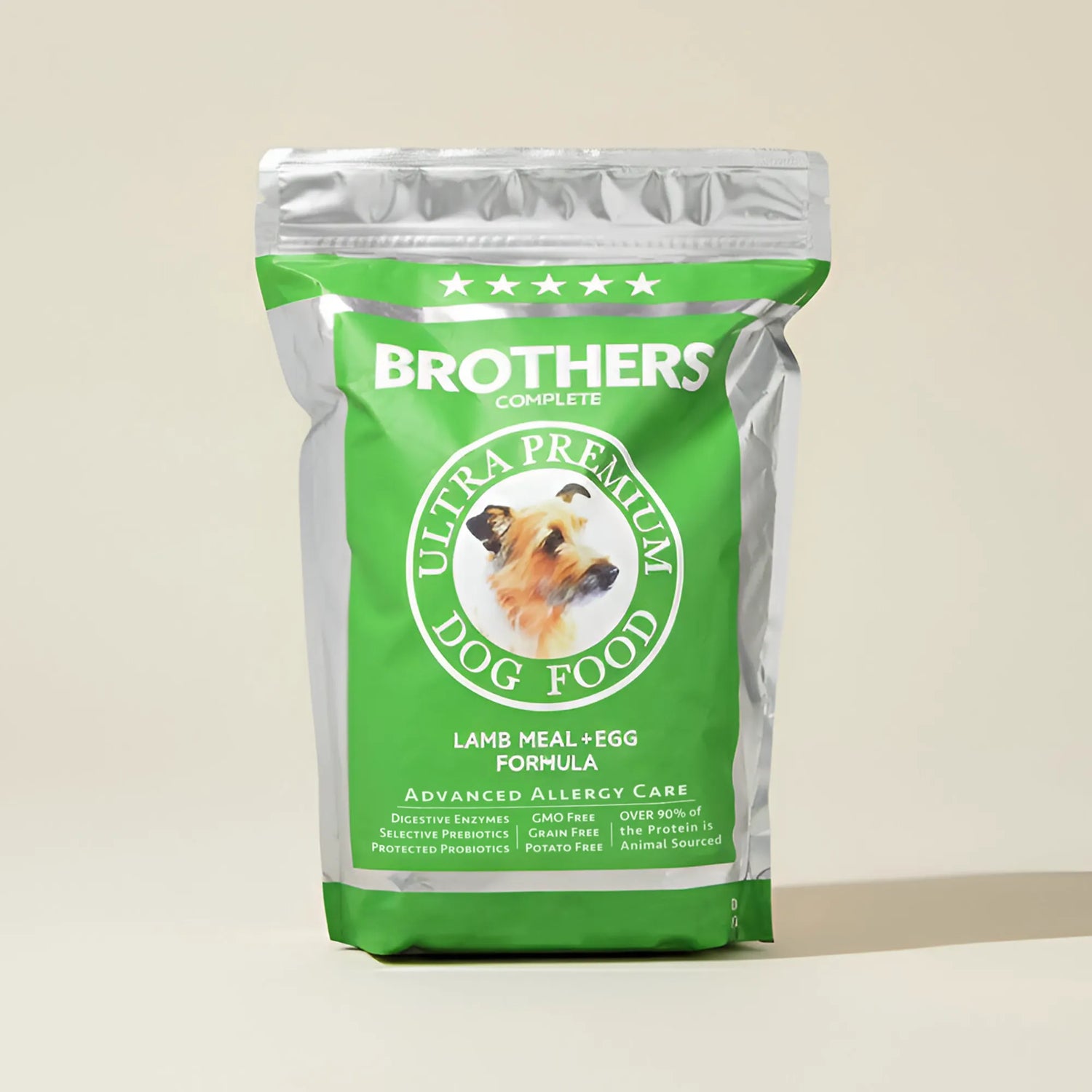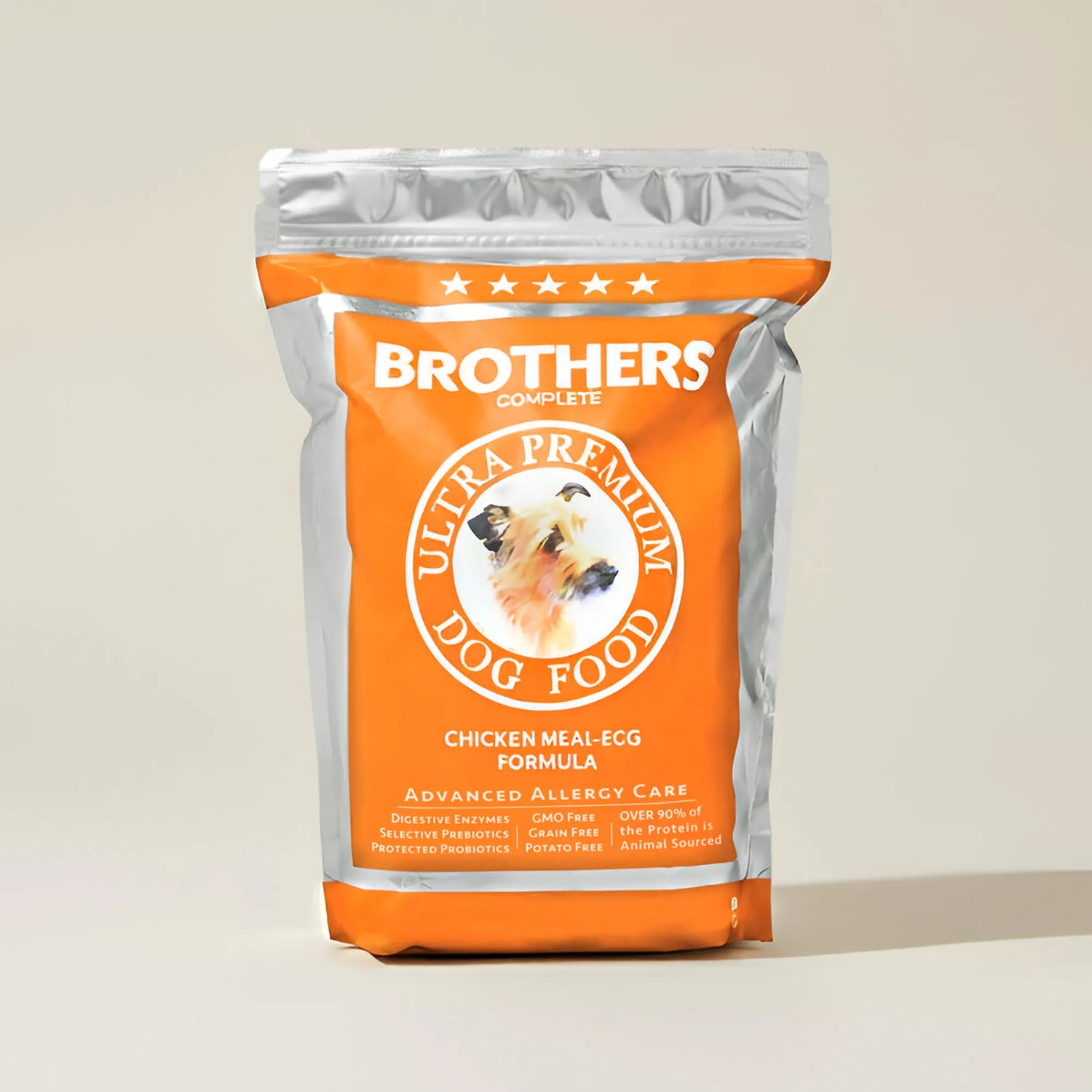
Novel Proteins in Dog Food: Why Venison and Lamb Are Great for Sensitive Dogs
Summary:
If your dog is dealing with chronic allergies, skin issues, or digestive problems, the problem might not be their environment - it might be their protein source. In this post, we’ll break down what a novel protein diet is, why options like lamb or venison dog food are often recommended for allergy-prone dogs, and how switching to the right formula can calm inflammation and help your dog heal.
What Is a Novel Protein in Dog Food?
A novel protein is a protein source that your dog hasn’t been exposed to before, making it less likely to trigger an allergic reaction. This includes options like:
As VCA Animal Hospitals explains, novel proteins are used in elimination diets to help pinpoint food allergies - and are often the first step in managing long-term food sensitivities.
Why Use a Novel Protein?
Over time, repeated exposure to the same protein - especially common ones like chicken or beef - can cause the immune system to overreact. This can lead to:
-
Paw licking or face rubbing
In these cases, switching to a new protein source the body hasn’t flagged as a threat can help reduce symptoms, calm inflammation, and give the gut time to heal.
Is Lamb a Novel Protein for Dogs?
Yes - for many dogs, lamb is considered a novel protein if they haven’t been exposed to it in early life. It’s also:
-
Highly digestible
-
Rich in amino acids and B vitamins
-
Lower in allergens than poultry or beef
That said, lamb has become more common in commercial foods, so it may not be novel for every dog. If your dog has eaten lamb regularly before, venison or another more unique protein may be a better fit.
What About Venison Dog Food?
Venison is one of the most effective novel proteins for sensitive dogs. It’s:
-
Lean
-
Nutrient-rich
-
Uncommon in most traditional dog diets
-
Less likely to trigger immune reactions
Today’s Veterinary Practice lists venison as a go-to option in therapeutic food trials, especially for dogs with unresolved allergies or gut inflammation.
Why Novel Protein Alone Isn’t Enough
Many “limited ingredient” or “lamb-based” dog foods on the market still include:
-
High-glycemic starches like potatoes or rice
-
Soy, or corn - cheap fillers that irritate sensitive guts
A truly hypoallergenic recipe should be:
-
Low in glycemic load to avoid feeding yeast or bad bacteria
-
Fortified with enzymes and probiotics for digestion and microbiome support
What Makes Brothers' Novel Protein Dog Food Different?
At Brothers, we don’t just remove problem ingredients - we build each recipe to support healing from the inside out.
Our Advanced Allergy Care line features:
-
No beef or dairy
-
No corn, wheat, soy, or high-starch fillers
-
A unique blend of digestive enzymes + probiotics
-
Low-glycemic carbs like cassava
-
Nutrients designed to rebuild the gut and calm the immune system
Because for dogs with food sensitivities, the goal isn’t just avoiding flare-ups - it’s creating a foundation of long-term health.
Who Should Try a Novel Protein Diet?
You might consider switching to a novel protein recipe if your dog has:
-
Chronic itching or skin issues
-
Food-related diarrhea or vomiting
-
A history of reacting to chicken or beef
-
Frequent ear infections
-
Suspected food sensitivities
-
Multiple allergies or poor immune response
According to Thrive Pet Healthcare, novel proteins are ideal for elimination diets, allergy recovery, and GI resets.
When to Expect Improvements on a Novel Protein Dog Food
Many pet parents hope for immediate relief when switching to a novel protein diet, but true progress often takes time. According to dermatology guidelines from VCA Animal Hospitals, mild improvements may appear around 5 weeks, with the full benefit typically seen after 8-12 weeks.
For dogs dealing primarily with gastrointestinal issues, owners often see firmer stools and fewer digestive episodes within 2-4 weeks.
If the main challenge is skin-related - such as itching, hot spots or ear infections -relief may take the full 6-12 week window to show significant improvement.
Don’t forget: consistency is critical - the new diet must be fed exclusively (no other treats or foods) and your veterinarian should monitor progress. If symptoms persist beyond the 12-week mark, additional investigation may be needed.
Final Thoughts: Heal, Don’t Just Switch
Many dog parents try lamb or venison food, only to be disappointed when symptoms don’t fully resolve. That’s because protein isn’t the only factor.
To truly help a sensitive dog, you need:
-
Clean protein
-
Low inflammation
-
Proper digestion
Brothers was built to do all four - with recipes that go far beyond limited ingredient marketing.
Sources
-
VCA Animal Hospital:
-
Thrive Pet Healthcare: https://www.thrivepetcare.com/thrive-guide/novel-proteins
-
Today’s Veterinary Practice: https://todaysveterinarypractice.com/nutrition/food-allergy-diagnostics-therapeutic-food-options/







